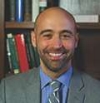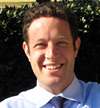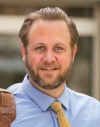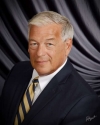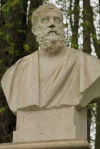Wilfred McClay received his bachelor of arts degree cum laude from St. John’s College in Annapolis, Md., in 1974, and his doctoral degree in history from Johns Hopkins University in Baltimore in 1987. He has taught at Tulane University, Pepperdine University, Georgetown University and the University of Dallas and as a Senior Fulbright Lecturer at the University of Rome. He came to the University of Oklahoma in 2013 as the G.T. and Libby Blankenship Chair in the History of Liberty and is devoted to teaching students about the evolution of the concept of liberty in Western civilization. The chair also serves as director of the Center for the History of Liberty.
Currently, McClay serves as the SunTrust Bank Chair of Excellence in Humanities and Professor of History at the University of Tennessee at Chattanooga. He is also co-director of the Center for Reflective Citizenship at UTC. In addition, he serves as a Senior Scholar at the Woodrow Wilson International Center for Scholars in Washington, D.C., Senior Fellow at the Ethics and Public Policy Center in Washington, and Senior Fellow of the Trinity Forum.
McClay was appointed in 2002 to the National Council on the Humanities, the advisory board for the National Endowment for the Humanities, where he served until January. His book, The Masterless: Self and Society in Modern America, won the 1995 Merle Curti Award of the Organization of American Historians for the best book in American intellectual history. Among his other books are The Student’s Guide to U.S. History, Religion Returns to the Public Square: Faith and Policy in America, Figures in the Carpet: Finding the Human Person in the American Past,and Why Place Matters: Geography, Identity, and Public Life in Modern America.
A recipient of many teaching awards and honors, he has also been the recipient of fellowships from the Woodrow Wilson International Center for Scholars, the National Endowment for the Humanities and the National Academy of Education. His research interests focus on the intellectual and cultural history of the United States, with particular attention to the social and political thought of the 19th and 20th centuries; the history of American religious thought and institutions; and the theory and practice of biographical writing.
Email: wmcclay@ou.edu | Phone: (405) 325-0436 | Office: CARN 232


